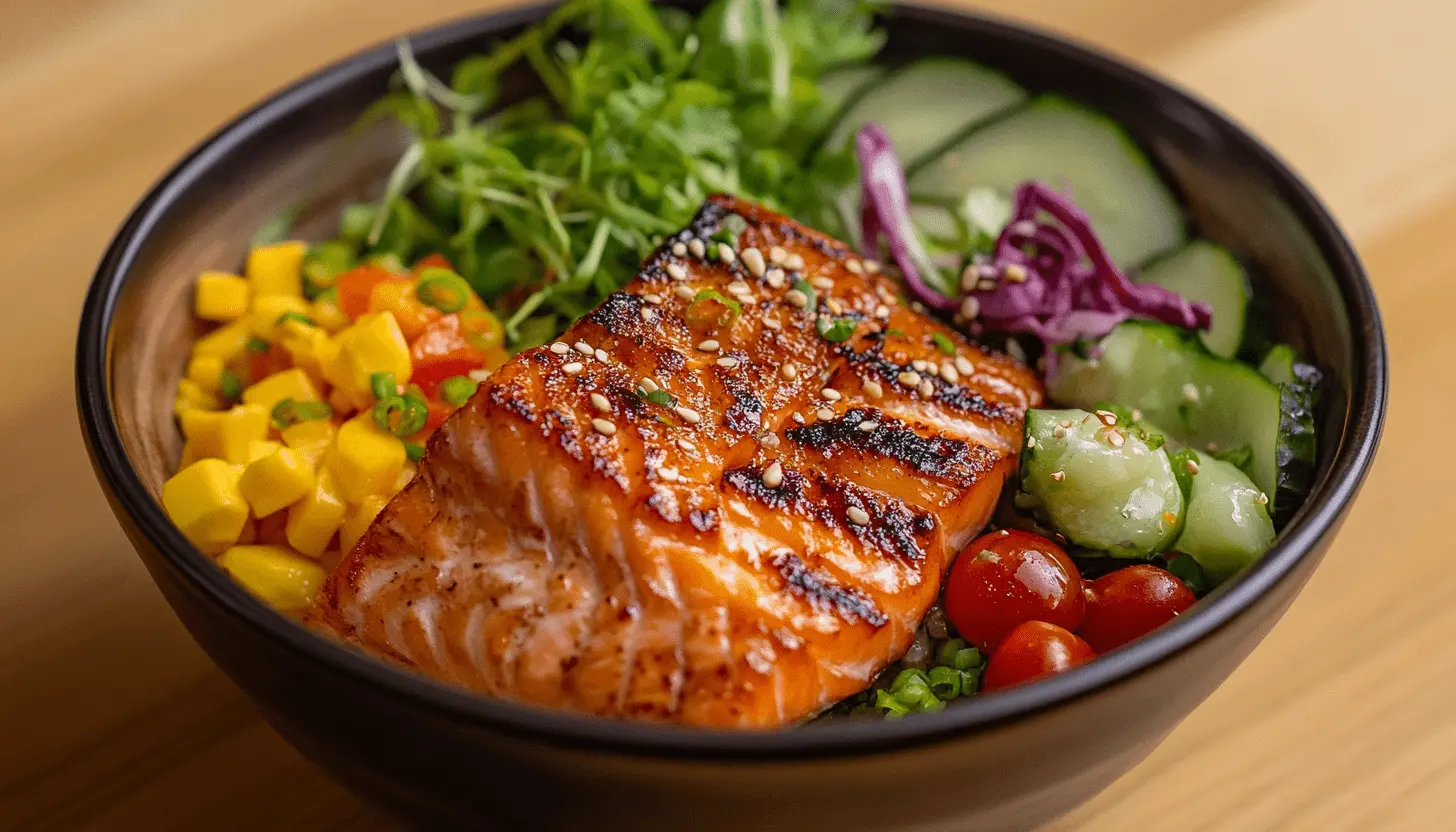How to Lose Body Fat: The 12 Most Important Factors, Ranked
Published: February 12, 2025 5 mins read
Fat loss advice is like a bad group chat—everyone has a different (and often terrible) opinion.
Enough.
The truth? Fat loss isn’t that complicated, but most people waste time on things that barely move the needle.
This guide ranks the 12 most important factors for fat loss, based on science and real-world effectiveness. Follow these, and you’ll save yourself years of frustration.

These are the heavy hitters. Get these right, and fat loss becomes way easier.
No matter what anyone says, fat loss comes down to burning more calories than you eat.
But what you eat does matter:
✅ Track calories (even loosely) to ensure a calorie deficit.
✅ Aim for 0.8–1g of protein per pound of body weight.
✅ Stick to whole, nutrient-dense foods—but don’t fear flexibility.
You can lose fat without exercise, but you’ll look better, feel better, and keep more muscle if you train.
Lifting weights is especially important because:
✅ It prevents muscle loss while cutting.
✅ It keeps your metabolism high.
✅ It makes you look lean rather than just “smaller.”
✅ Strength train at least 3x per week.
✅ Move more daily—aim for 7,000–10,000 steps.
✅ Do cardio if you want to, but don’t rely on it for fat loss.
Sleep might be the single most underrated fat loss factor. If you don’t sleep enough:
🚨 Your hunger hormones go wild.
🚨 You crave more junk food.
🚨 Your body stores fat more easily.
✅ Get 7–9 hours of sleep per night.
✅ Reduce screen time 30–60 minutes before bed.
✅ Stick to a consistent sleep schedule (yes, even on weekends).
Chronic stress cranks up cortisol, a hormone that:
😖 Makes you crave high-calorie junk.
😖 Encourages fat storage (especially belly fat).
😖 Messes with your sleep and recovery.
✅ Lift weights (the best stress reliever).
✅ Get outside and unplug from screens.
✅ Find stress relief that doesn’t involve food.
Your body’s hormones control appetite, energy, and metabolism. While you can’t control everything, lifestyle habits make a huge difference.
✅ Strength train—it boosts insulin sensitivity and balances hormones.
✅ Eat a nutrient-rich diet (protein, healthy fats, fiber).
✅ Manage stress and sleep, because they impact hormones big time.
These won’t make or break fat loss, but they still help.
Alcohol isn’t just empty calories—it wrecks sleep, messes with hormones, and lowers your willpower (hello, 2 AM pizza).
✅ Stick to low-calorie options (vodka, tequila, whiskey).
✅ Limit drinking to 1–2 drinks per occasion.
Yes, genetics affect where you store fat. No, they don’t determine whether you lose it.
✅ Accept your starting point, but focus on what you can control.
✅ Stay consistent—fat loss works for everyone over time.
Your metabolism does slow slightly with age—but mostly because of muscle loss, not aging itself.
✅ Strength train—it’s the best way to keep your metabolism up.
✅ Adjust calories gradually as you age.
Your gut bacteria influence digestion, appetite, and metabolism.
✅ Eat fiber-rich and fermented foods (vegetables, yogurt, kimchi).
✅ Avoid excessive processed foods that mess up gut bacteria.
Being dehydrated = slower metabolism + higher appetite.
✅ Drink 3–4 liters of water per day (adjust for activity).
✅ Have a glass of water before meals to reduce hunger.
Some meds cause fluid retention or metabolic slowdowns—but they don’t override good habits.
✅ Talk to your doctor if you suspect medication is a factor.
Some chemicals (like endocrine disruptors) may impact metabolism—but diet, exercise, and sleep matter 100x more.
✅ Reduce plastics and processed foods if you want, but don’t stress over it.
1️⃣ Eat in a calorie deficit.
2️⃣ Prioritize protein and whole foods.
3️⃣ Strength train regularly.
4️⃣ Get enough sleep and manage stress.
5️⃣ Stay consistent—results take time.
Fat loss doesn’t require perfection—just persistence. Stick to the fundamentals, and you’ll get results without the BS.
This will close in 20 seconds